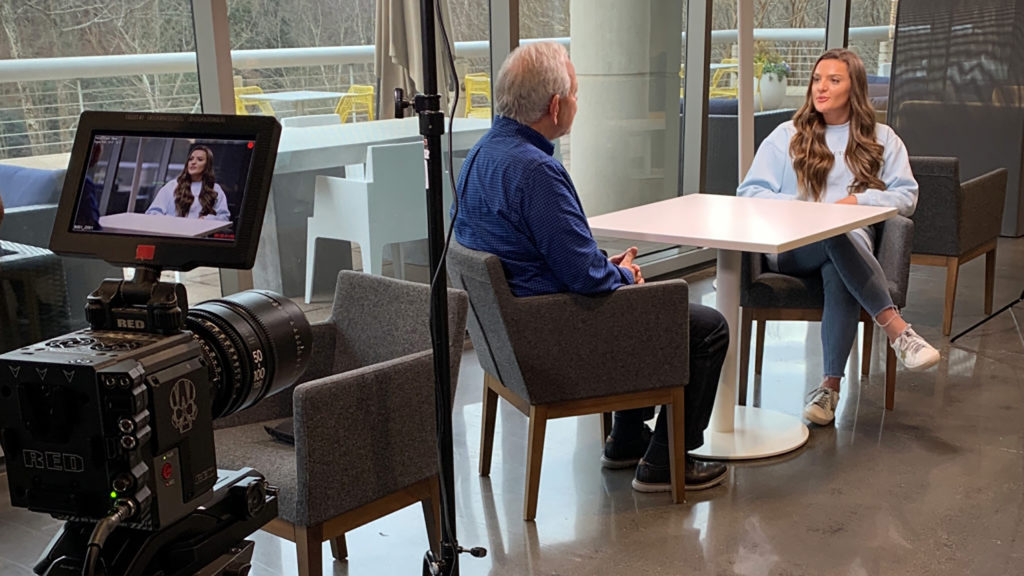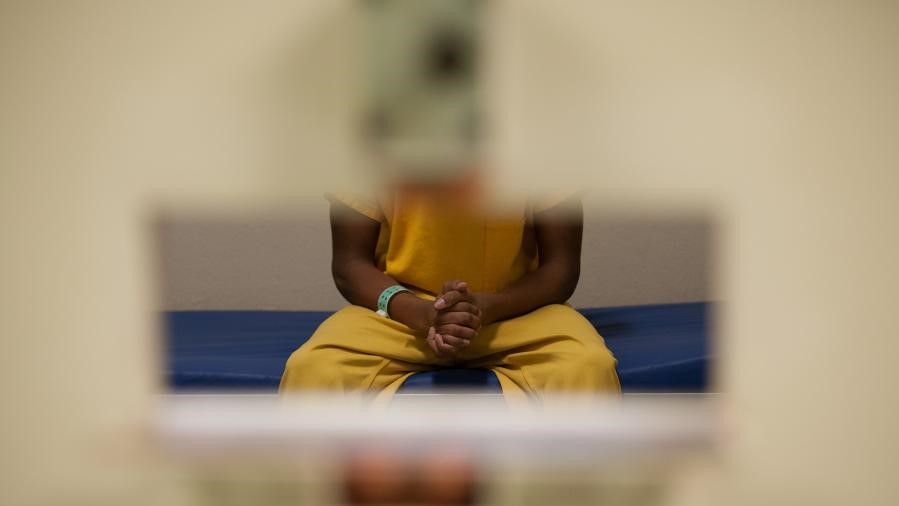As more and more heroin addicts attribute the start of their addiction to legal prescriptions, Christian recovery specialists say parents must take a greater role not only in encouraging their children to avoid drugs but also to address the heart issues that often lead young people to drugs in the first place.
The availability of heroin and other street drugs continues to be a focus of law enforcement in Alabama and the United States. However, the availability of prescription opioid medications is an equally important issue, said J. Sándor Cheka III, executive director of the Addiction Prevention Coalition in Birmingham.
“Sixty-four percent of our kids are getting their opiates from a friend or family member,” he said. “The question we have to ask is why are so many opiates accessible like that?”
Prescription medication
One reason is that Alabama doctors prescribe a lot of pain medication. A 2012 Centers for Disease Control and Prevention study named Alabama No. 1 for opioid prescriptions at a rate of 143 prescriptions per 100 residents. Some of those medications are prescribed for chronic pain. Others are prescribed to treat the pain after surgery or an injury. In those cases, the worst pain usually passes within a few days, but a prescription may contain enough medication for 2 to 4 weeks. Often those unused pills sit in a medicine cabinet “just in case.” The temptation for teens and even guests in the home can be powerful, Cheka said.
“One guy in one of our recovery programs lived in one of the wealthiest places in Birmingham. He said that every house he went into he could come out with a medication that would make him high. We have the perception that prescription drugs are safe because the (Food and Drug Administration) approved them and a doctor prescribed them.”
Teenagers are especially susceptible to that perception, Cheka said. As a result, a teen faced with the choice between smoking marijuana or taking a Percocet might reason that taking the Percocet is safer. Even parents might not be alarmed by the choice.
Some who have never dealt with addiction argue that the pills are not to blame since an individual chooses to misuse them. Unfortunately addiction is a much more complicated issue. For one thing research suggests that addiction is due 50 percent to genetic predisposition and 50 percent to poor coping skills.
Families should talk with their children about genetic tendencies toward drug and alcohol addiction just as they talk about heart disease, cancer or diabetes, Cheka said.
“Just because you are genetically predisposed doesn’t mean you are going to become an addict, but parents need to have that conversation,” he said. “Kids need to hear that substances are a destructive force and that the reason we don’t do this is because there’s a possibility for us that it could be a big problem.”
Parents also should help children learn effective coping skills from an early age, Cheka said.
“Across the board what we are hearing from addicts is that some kind of traumatic life event drove them to try drugs,” he said. “As adults we think of trauma as death, divorce, maybe changing schools, but many kids are saying, ‘I didn’t make a grade on this test, so now I can’t get into the school of my choice and can’t have the career I always wanted.’ Or, ‘I don’t have a boyfriend or girlfriend.’ These are things we have thought weren’t that big a deal, but these kids have no coping mechanism. They have nothing in their life they can grab hold of and realize it’s okay.”
At The Foundry Ministries, a Christ-centered residential recovery ministry in Bessemer, addiction counselors emphasize the development of coping skills since those are behaviors that can be changed, said Amy Jones, director of marketing at The Foundry.
“We teach that addiction is a choice to numb one’s feelings with something rather than deal with them in a healthy way,” she said.
Therefore the goal of recovery is to empower the addict to make healthy choices during the rough patches and rebuild their hope and dignity through those positive choices, Jones said.
Equipping children
It is never too early to empower children to make healthy choices that will help them say “no” to the temptation of drugs. Both the family and the Church can equip kids by helping them develop their identity in Christ and trust in His power during difficult times.
Cheka said, “Too many kids, from a fundamental spiritual level, have no hope. When one thing goes wrong their entire value comes crashing down. Unless they have hope outside themselves, which we know is Christ, they feel like their whole lives are falling apart.”
The Church also has a tremendous opportunity to support those who struggle with addiction and their families, Cheka said.
“Scripture says we are comforted in our distress so that we might comfort others, so part of ministry to families is to walk beside those who struggle with addiction and let them know you’re going to stand by them,” he said. “So often families think they’re alone. They need to know other people have gone through this and be welcomed with arms of love, not condemnation.”
Resources for addicts and their families
- Websites
- www.addictionpreventioncoalition.org
- www.foundryministries.com
- www.celebraterecovery.com
- www.alcap.com
- Books
- “Life’s Healing Choices: Freedom from Your Hurts, Hang-ups and Habits” by John Baker
- “Boundaries: When to Say Yes, How to Say No to Take Control of Your Life” by Henry Cloud and John Townsend
- “Healing the Addicted Brain: The Revolutionary, Science-Based Alcoholism and Addiction Recovery Program” by Harold Urschel
- “Love First: A Family’s Guide to Intervention” by Jeff and Debra Jay
- “Broken: My Story of Addiction and Redemption” by William Cope Moyers
- “Everything Changes: Help for Families of Newly Recovering Addicts” by Beverly Conyers
How to dispose of unused medication
The Partnership for Drug-Free Kids asks parents and grandparents to pledge to safeguard their medicines and speak to their families about medicine abuse. One way to safeguard children and teens from prescription abuse is to safely dispose of unwanted, unused or expired medications. Walgreens recently announced it would install safe medication disposal kiosks at more than 500 drugstores in several states including Alabama before the end of 2016. The U.S. Drug Enforcement Administration also sponsors National Prescription Drug Take Back Days in coordination with local law enforcement officials. April 30 is the next scheduled take back day.
Most medications can be disposed of in household trash, but the U.S. Food and Drug Administration recommends a few simple steps:
- Mix medicines (do not crush tablets or capsules) with an unpalatable substance such as dirt, kitty litter or used coffee grounds;
- Place the mixture in a container such as a sealed plastic bag;
- Throw the container in your household trash;
- Scratch out all personal information on the prescription label of your empty pill bottle or empty medicine packaging to make it unreadable, then dispose of the container.
Some medications pose a danger to the community water supply or to the environment and should never be flushed down the toilet.
For a list of disposal suggestions for specific drugs, visit the U.S. Food and Drug Administration’s website at www.fda.gov.






Share with others: